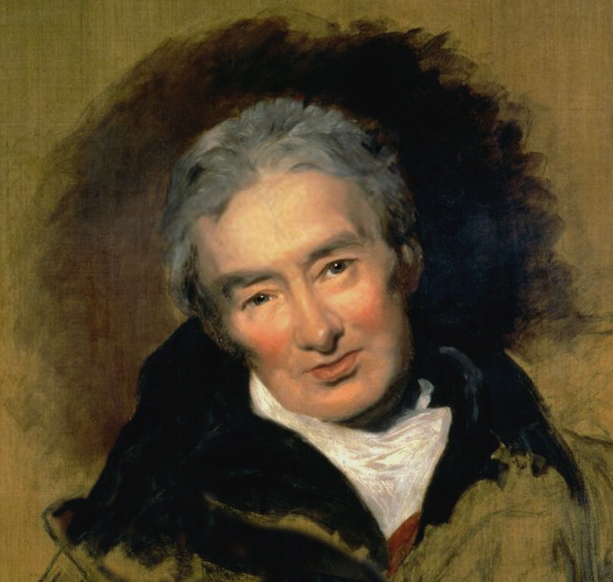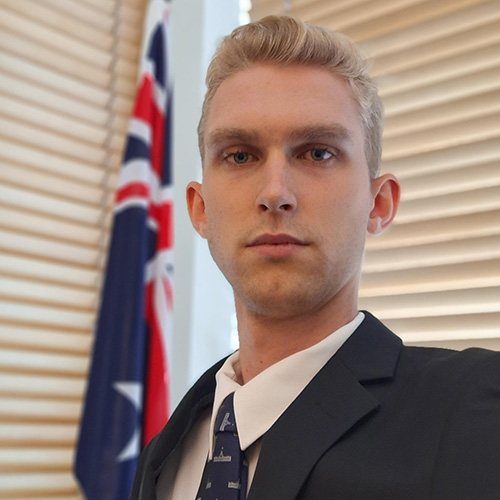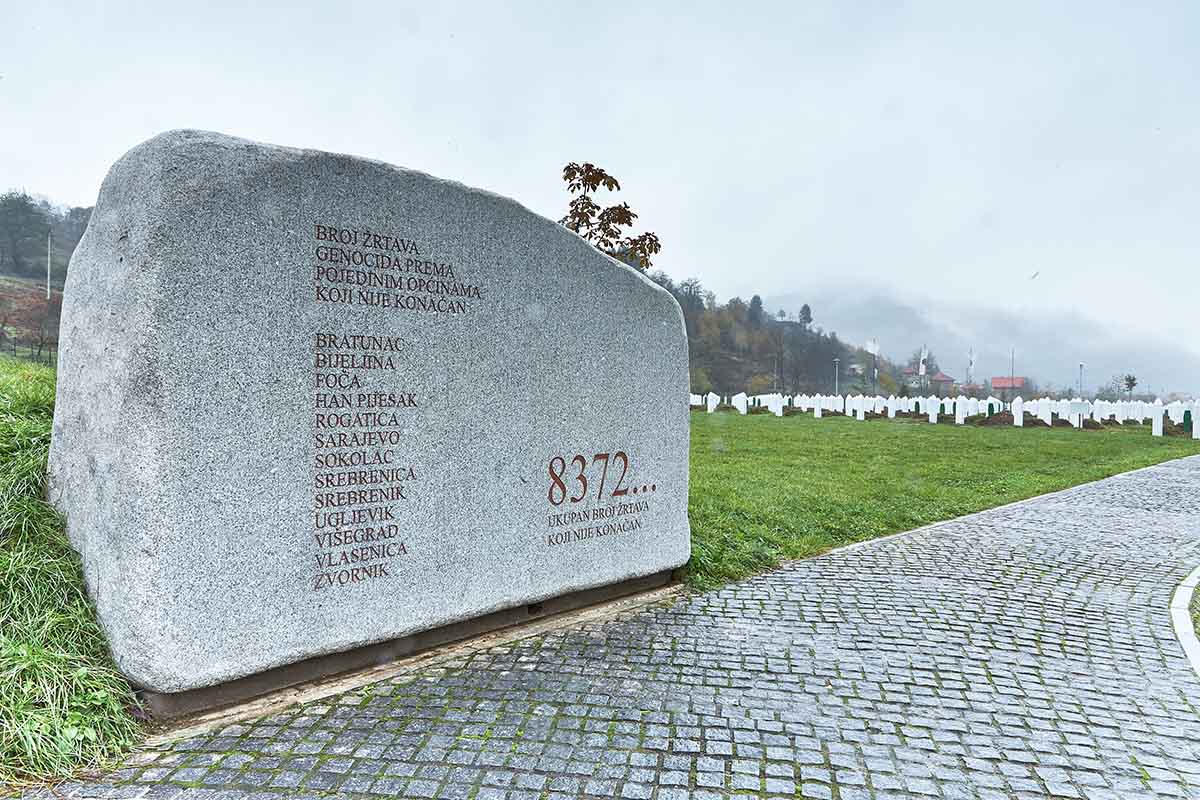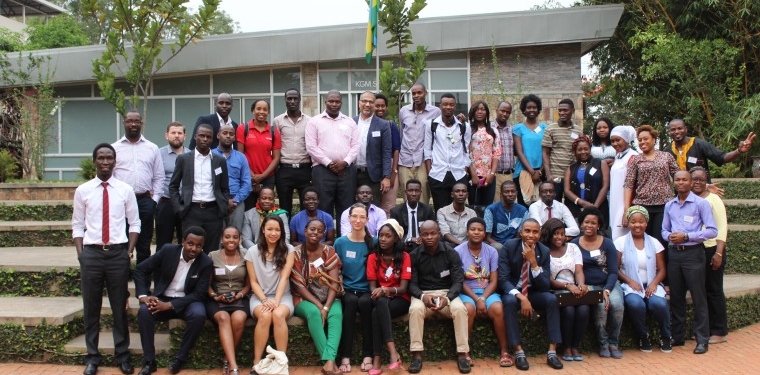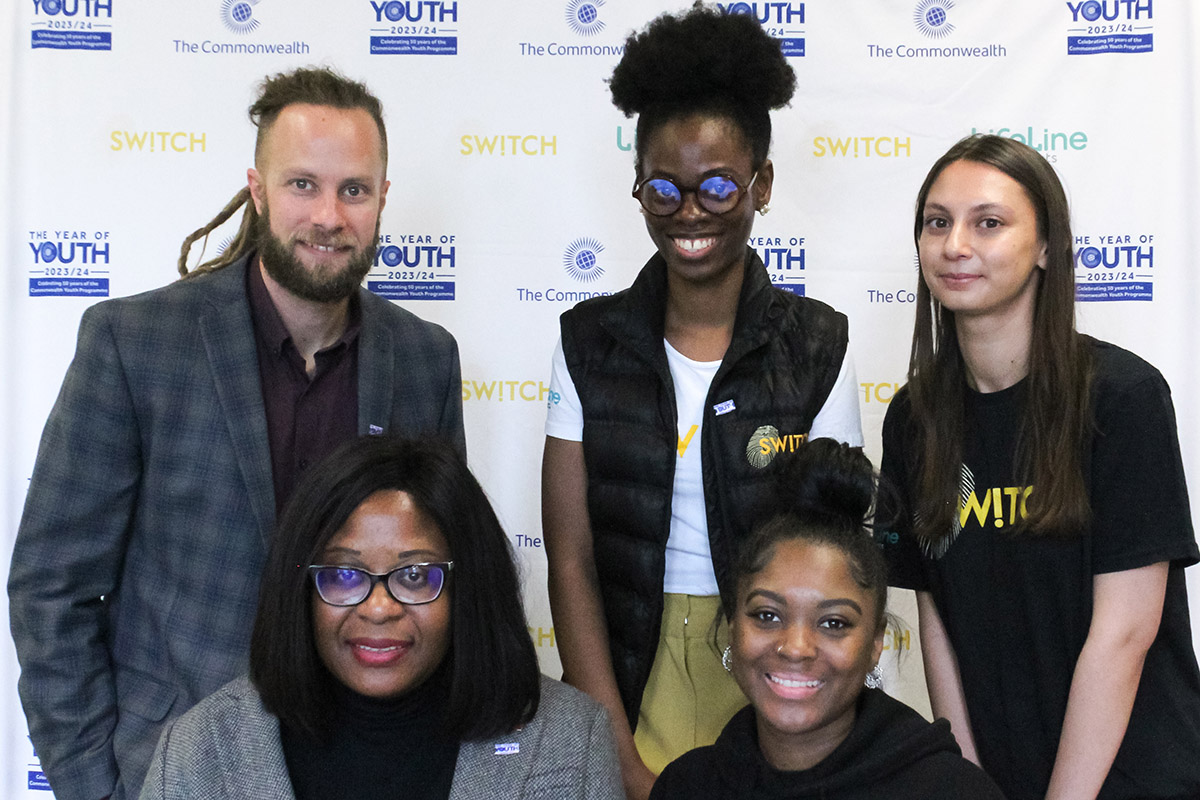“Australia introduces modern anti-slavery bill”
May 15by Cody Mitchell
Australian legislation is aimed at slavery that exists in the modern economy, writes Cody B. Mitchell, 17, a Commonwealth Correspondent from Moree, Australia, and has prompted a comparison to William Wilberforce and his effort to stop the slave trade.
On the 3rd of May 2018, members from all political parties rose to debate Australia’s first modern Anti-Slavery Bill in the NSW Legislative Council.
The Council is usually a divisive battleground, with the right-wing Liberal/National Coalition and the Shooters, Fishers and Farmers parties on one side, the progressive Labour, Greens and Animal Justice parties on the other and the Christian Democratic Party taking the middle ground. This debate, however, saw an altogether different situation.
The Hon. Paul Green, a Christian Democratic Party MLC, introduced the Modern Slavery Bill 2018 on the 8th of March this year after chairing a committee looking into modern slavery practices in Australia. The former nurse and Shoalhaven City Council Mayor described the day he introduced the bill as “one of the most significant and memorable” of his life. It is a little-known fact that there are a staggering 4,300 people living as slaves in Australia today.
“It was an immense honour and privilege to produce a Bill that recognises the importance of humanity and becomes a voice for the voiceless,” Green wrote in a news release to supporters.
The Modern Slavery Bill 2018 in its current form seeks to accomplish a number of key reforms. Firstly, it would install an Anti-Slavery Commissioner for New South Wales and establish ‘victim-centred support’. It would also increase penalties for slavery offences and ‘slave-proof’ New South Wales’ supply lines.
Commenting on the bill, the Archbishop of Sydney, Glenn Davies, said that it “deserves the wholehearted support of the Parliament and the people of NSW.” He called modern slavery a “blight on our society” and urged people to support the bill.
The Christian Democratic Party leader, the Rev. Fred Nile, drew the comparison between Paul Green and William Wilberforce, the 18th-century activist who legally brought slavery to a halt in the British Empire. That sentiment was echoed by the Hon. Matthew Mason-Cox when he called Paul Green “our own William Wilberforce” during his contribution to the debate.
Ms. Caroly Houmes, the Chief Executive of International Justice Mission said “This [bill] is a significant and important step in the fight to ending slavery, as it points NSW in the right direction towards ending slavery for good.”
At the time of writing, the Modern Slavery Bill 2018 has been voted on and passed the NSW Upper House. It will now be taken to the Lower House, debated and voted upon. If the change is made law in one state, pressure would mount for legislative reform at the federal level. Rarely is such bipartisanship shown in Australia’s usually divided parliaments.
References: https://www.parliament.nsw.gov.au/bills/Pages/bill-details.aspx?pk=3488
http://www.anglicannews.org/news/2018/03/sydney-archbishop-welcomes-new-south-walesmodern-
http://www.mondaq.com/australia/x/693436/Human+Rights/Good+news+Modern+Slavery+B
https://sydneyanglicans.net/mediareleases/modern-slavery-bill-2018
https://www.paulgreen.com.au/modern_slavery_bill
https://www.parliament.nsw.gov.au/bill/files/3488/First%20Print.pdf
https://www.parliament.nsw.gov.au/bill/files/3488/XN%20Modern%20Slavery%20Bill%20201
https://www.vice.com/en_au/article/exv7wp/there-are-4300-people-living-in-slavery-in-austral
https://www.paulgreen.com.au/australian_first_modern_slavery_bill_passes_upper_house?u
Photo credit: https://www.flickr.com/photos/eoskins/27427377603/in/photostream/
